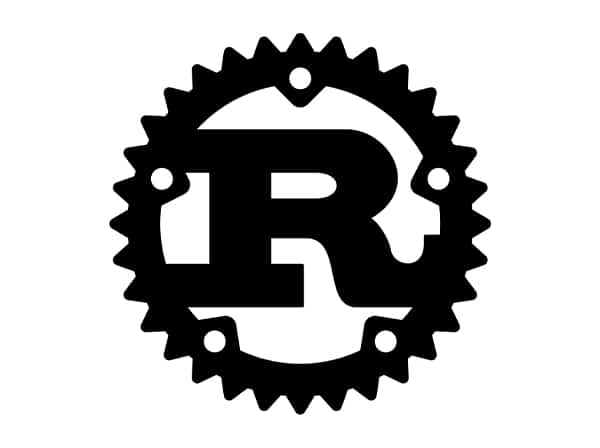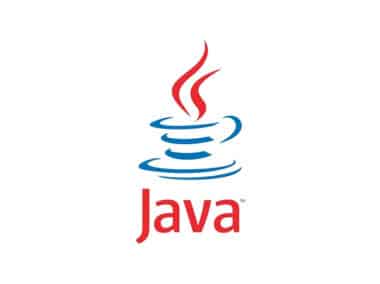Rust is a systems programming language that was first introduced in 2010 as a personal project by Mozilla employee, Graydon Hoare. Rust is designed to be fast, safe, and concurrent, with a focus on providing low-level control over system resources.
Rust’s unique feature is its own system, which is designed to prevent common programming errors such as null or dangling pointer errors, data races, and buffer overflows. The ownership system ensures that memory is managed safely and efficiently. Each value in Rust has a variable that owns it, and the owner is responsible for freeing up the memory when it is no longer needed. This approach enables Rust to achieve a high level of memory safety without relying on garbage collection or runtime checks.
Rust also supports modern programming concepts such as functional and object-oriented programming. It is a multi-paradigm language that allows developers to choose the programming style that best suits their needs. Rust’s syntax is similar to that of C++ and other systems programming languages, making it easy for developers who are familiar with those languages to pick up Rust quickly.
In addition to its own system, Rust has several other key features that make it a compelling choice for systems programming. Rust has built-in support for concurrency, allowing multiple threads to execute simultaneously without the risk of data races. Rust’s concurrency model is based on message passing, which makes it easy to reason about the behavior of concurrent programs.
Rust is also designed to be fast, with low-level control over system resources. It can achieve performance that is comparable to C++ while providing memory safety and other high-level abstractions. Rust’s performance is achieved through a combination of techniques, including zero-cost abstractions, inlining, and optimized code generation.
Another advantage of Rust is its safety. Rust’s ownership system and other language features help prevent common programming errors, making it a safer choice for systems programming than other languages. Rust has a powerful type system that catches many errors at compile time, reducing the likelihood of bugs and security vulnerabilities.
Finally, Rust is a cross-platform language, meaning that it can be used to develop software for a wide range of operating systems and hardware architectures. Rust has a growing ecosystem of libraries and tools, making it easier to develop complex systems using Rust.
In summary, Rust is a modern systems programming language that offers a unique combination of performance, safety, and concurrency. Learning Rust can be beneficial for developers who are interested in systems programming or who want to improve their skills in safe and efficient memory management. Rust’s ownership system, support for concurrency, and safety features make it a compelling choice for developers who are building high-performance, reliable systems.





